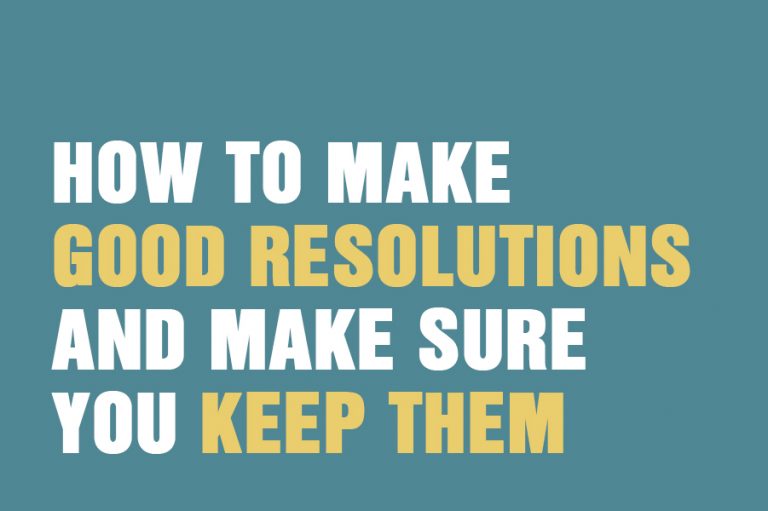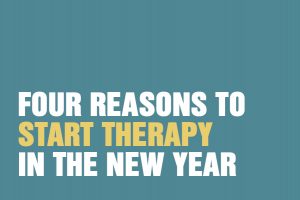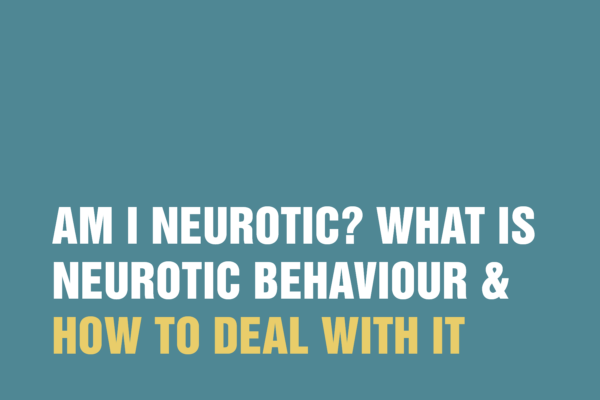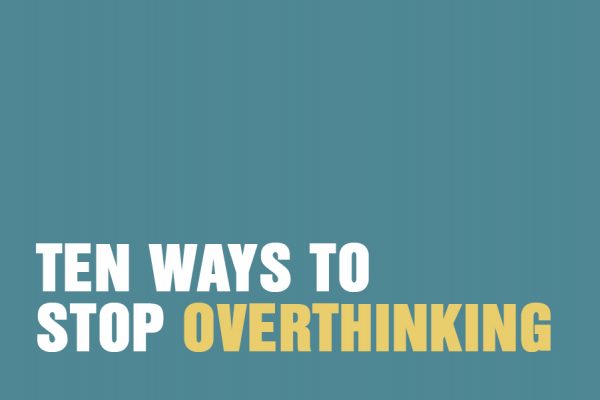The habit of making resolutions to change your bad habits so that you can live more wisely, healthily and happily is a long-established tradition. Sadly the resolutions themselves don’t always last that long, let alone a whole year. In fact, the vast majority of resolutions stay on the wish list as an intention rather than being put into practice and giving a new purpose to your life. The trick to avoiding this is finding the right kind of resolution for you.
How to choose the best resolution
A recent psychological study found that there are four different kinds of resolution – goal-based resolutions, happiness resolutions, purpose resolutions, and pride resolutions. Of these, the first — goal-based resolutions — such as giving up smoking or becoming vegan are by far the most common, but they are also the most difficult to keep. So it might be a good thing to pick one of the three other types first so that you can boost your self-belief and gain confidence in your capacity to make a change for the better. Then, once you have done, that you can challenge yourself by setting yourself a goal. Here follow some happiness, purpose and pride resolutions to try.
Happiness:
1. I will have a massage/go for a hike/read a chapter of a book/(fill this space with pleasurable activity of your choice that you never manage to make time for) once a week or fortnight
2. I will earmark 20 minutes a day to do yoga or keep a journal (pick activity of choice)
3. Every weekend I will see a play or a movie or meet a friend I haven’t seen in a long while
Purpose:
1. I will go to a workshop (for example on “how to date successfully” or “be more mindful”), find a therapist or coach, or consult a careers counsellor and seek the support, guidance I need to make the changes I want to in life.
2. I will always speak out if I see someone being bullied, or hear racist or sexist comments made to another person. Respecting others and standing up for your beliefs can really boost your self-confidence and levels of assertiveness
3. I will try to make my marriage, relationships or friendships more meaningful and satisfying by listening to and expressing more appreciation for my partner, relative or friend
Pride:
1. I will learn a new language or go to an evening class so that I can increase my skills and competence in the areas I would most like to feel proud of
2. I will perform a random act of kindness once a day
3. I will save £2-£5 a week to put towards something that will make me and my family feel safer or improve something in my community
Here are five psychological tactics you can use to increase your chance of reaching whichever goals you select for the year to come.
1. Be very specific
Just wanting to “get fit” or “be thinner” is a little vague and hard to quantify and, therefore, hold yourself to, and vowing to run a marathon or to lose 20 kilos can feel like too big a challenge. So, instead of being vague or over-ambitious, set a small, precise and more achievable goal such as doing five minutes of cardio twice a day, training yourself up to be able to do a park run in the summer, or pledging to eat 200 less calories a day. Focussing tightly on one thing you can improve before moving on to other areas gives you a much greater chance of success.
2. Above All Persist
Recent psychological research into people who made New Year’s resolutions, showed that those who had tried and failed the same challenge before were prone to fatalistic thinking and believed they were doomed to fail. This way of thinking, unsurprisingly, means you are significantly less likely to succeed. So if, for example, you are doing Dry January and you are out at a party and have a drink don’t think: “that’s it, I knew I wouldn’t make it”; instead you need to tell yourself, “oh well you were bound to have a set-back or two” and keep going. In other words do not allow yourself to think that a moment of weakness equals a total fail, and try again.
3. Tell everyone
You might want to keep this plan to yourself as a result of negative or fatalistic thinking (as in 2. above), but the more people you tell about what you are aiming to do the, the more likely you are to stick with it. So spread the word and wait for people to encourage you in your goals. They might even decide to join you so that you can support each other.
4. Take notes
Write a diary or keep a spreadsheet so that you can keep a record of each exercise session, coffee break without a cigarette, meal without a dessert or whatever it is, and note your progress along the way. It is surprising how much looking at your achievements so far can help to keep your motivation high.
5. Be trigger aware
This is a common resolution. We all have different triggers, things that make us feel weak and vulnerable to temptation so it is important to try to predict when it will be hardest for you to stick to your goals so you can avoid these triggering moments. So, for example, if a certain task at work makes you feel so stressed that you always feel a surge in need for sugar, caffeine or nicotine then practice meditation and mindfulness at this time or make yourself a soothing cup of tea or call a friend for a stress-relieving conversation beforehand, so you can better deal with the triggering situation and avoid setting off your bad habits again. It is also possible to set up ‘healthy triggers’ so that when you feel stressed, you are going for a ten-minute walk or eating a carrot stick instead of your old unhealthy stress-busting behaviours.
If you feel you need some support in bringing about the changes you want to make in the New Year, call 020 8673 4545 or email [email protected] and the Front of House will book an appointment with one of our therapists. We have centres in Clapham and Tooting and no waiting list.







